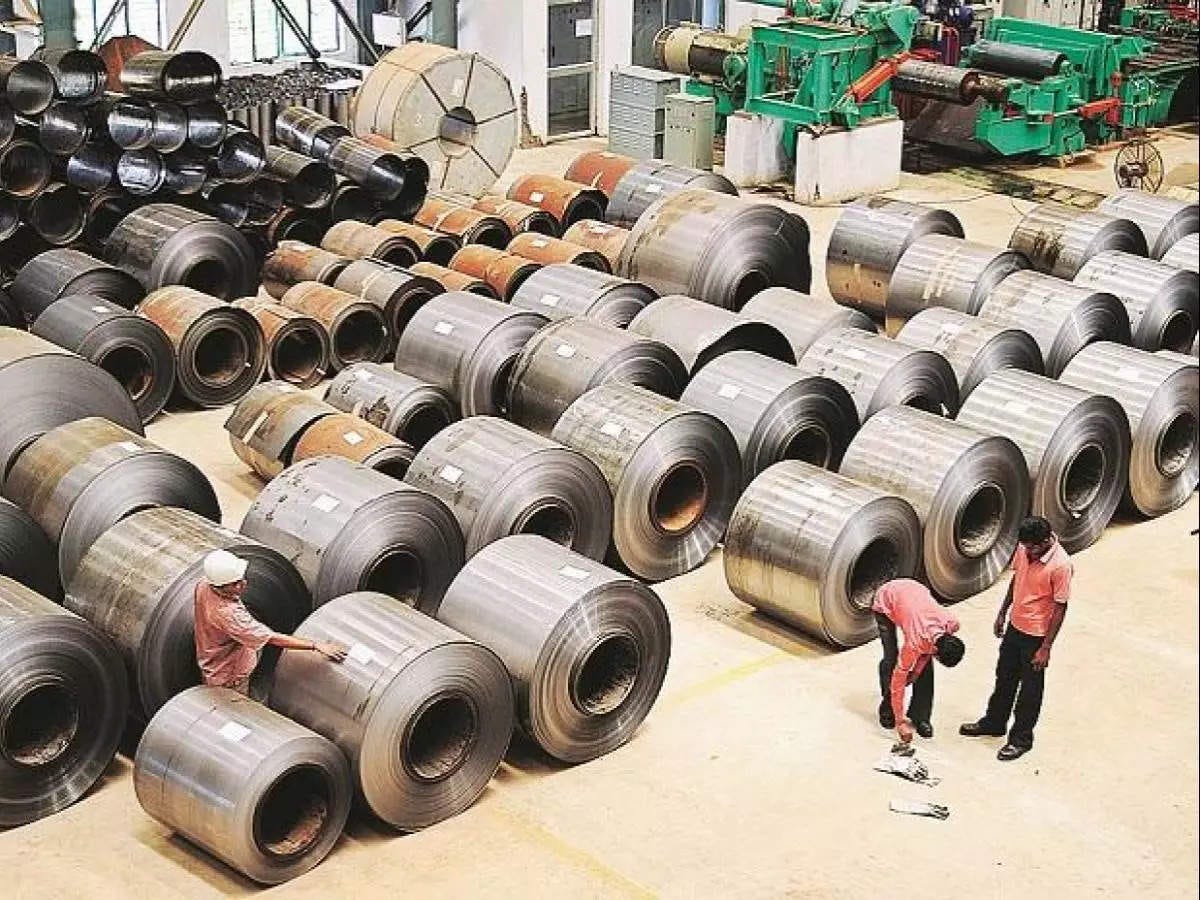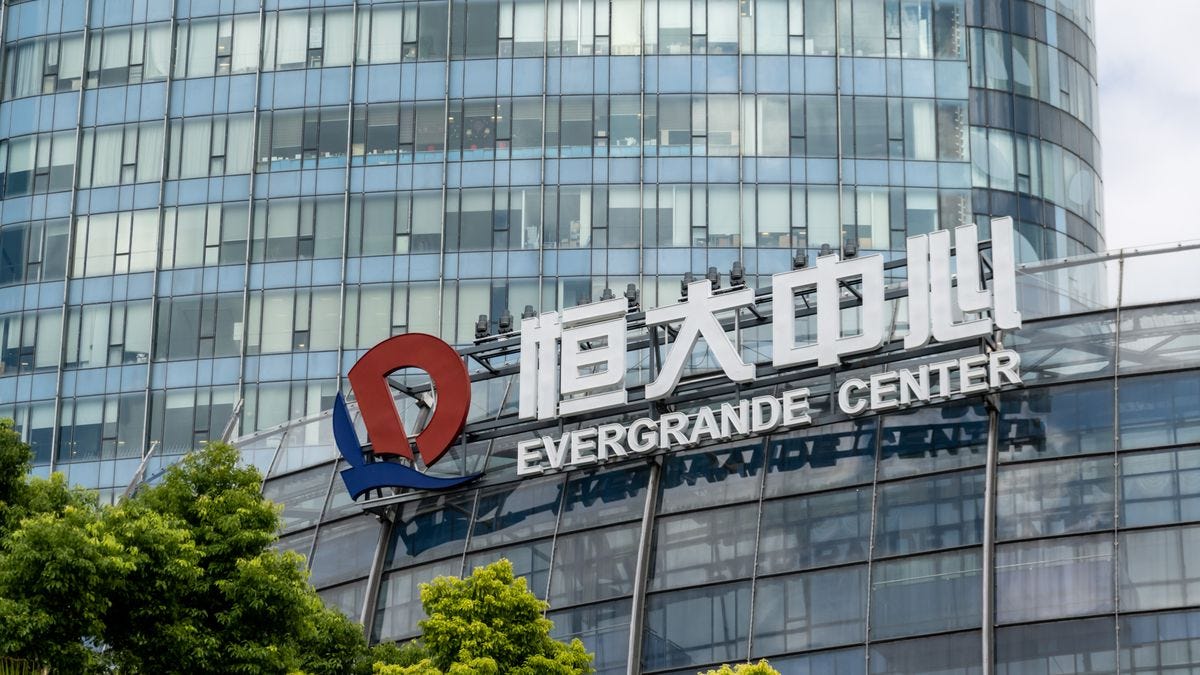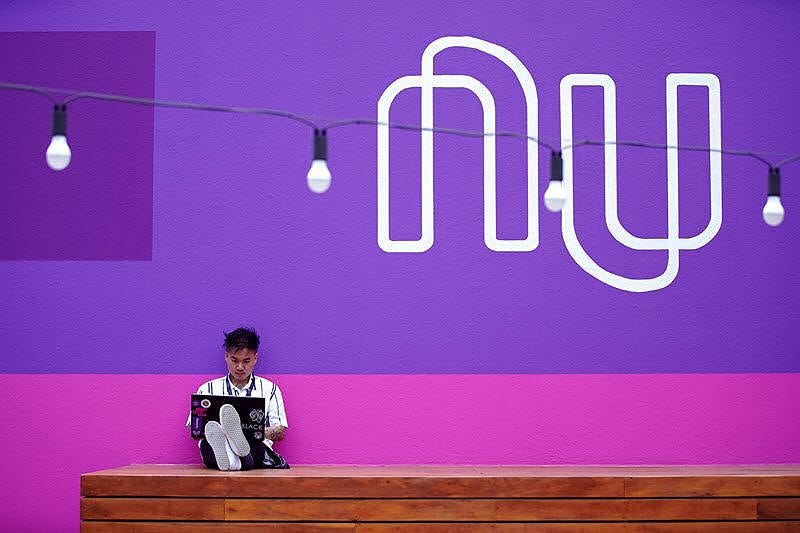Emerging Markets Monitor - June 21
Iron Ore Sinks on Slow China Demand, Will India Ban Rice Exports?, Oil Spending to Stay Down in '22, China Property Stocks, NuBank Eyes Lat-Am Fintech Purchases
The Top 5 Stories Shaping Emerging Markets from Global Media - June 21
Iron Ore Prices Sink Amid Growing Fears Over Slowing China Demand
Mining.com
“The iron ore price plunged more than 8% on Monday as steel mills idled blast furnaces amid growing pessimism over the demand outlook in China.”
“…The most-traded iron ore contract, for September delivery on China’s Dalian Commodity Exchange ended daytime trade 11% lower at 746 yuan ($111.60) a tonne, its lowest since March 16.”
“Mining stocks also slid, with Vale down almost 8% from the previous week, Rio Tinto down 7% and Fortescue down 16%. ‘Heavily subdued, covid-afflicted domestic steel consumption’ continued to weigh on China’s ferrous complex, said Atilla Widnell, managing director at Navigate Commodities in Singapore.”
“China’s strict zero-covid policy of constantly monitoring, testing, and isolating its citizens to prevent the spread of the coronavirus has battered much of the country’s economy.”
“‘Steel prices have dropped to 16-month lows as inventory rises,’ analysts at Westpac said in a note. Blast furnace rates in Tangshan fell last week for the first time since mid-May, with industry consultant Mysteel saying in a note that more mills are cutting output to do maintenance due to weak margins. An index of Chinese steel profits has plunged by almost 90% so far this month.” Mining.com reports.
Will India Ban Rice Exports Next?
Al Jazeera
“…By far the world’s largest exporter of the cereal, India is the single biggest source of rice both for wealthy Middle Eastern countries like Saudi Arabia and the United Arab Emirates, and for developing nations in West Africa like Ghana, Benin and Togo. China, which started importing rice from India only a few years ago, now counts the South Asian nation as its single biggest supplier.”
“Now, the food staple for more than half the planet could help India redeem itself after New Delhi’s ban on wheat exports last month sent shockwaves through the world at a time when the war in Ukraine has set off a global food crisis. The US Department of Agriculture estimates that both the production and demand for rice will touch new records globally this year. India too, experts said, is expected to witness both increased yields and greater consumption – unlike with wheat, where the recent harvest was significantly worse than predicted.”
“But the ban on wheat exports has left international food markets preparing the possibility of similar restrictions by India. The value of the country’s rice exports in May rose by more than 10 percent compared with a year earlier, driven in large part by those fears, said analysts. How India balances its domestic needs and its exports of rice could prove the difference between food security and hunger for millions of people around the world, they said.”
“‘If India imposes serious restrictions on rice exports, it would be pretty devastating, especially for some of the poorest nations that depend on those imports,’ Paul Dorosh, director of development strategy at the International Food Policy Research Institute, told Al Jazeera. Al Jazeera reports.
Oil Spending Won’t Recover in 2022 as War Riles Market
Bloomberg
“Global oil investment will be stagnant this year and may even decline as producers deal with surging inflation and volatile prices caused by Russia’s war in Ukraine, according to the International Energy Forum.”
“Crude prices have risen following the invasion in February, as uncertainty over supply security has riled markets. Meanwhile, OPEC and its allies have been slow to unwind coordinated production cuts, with some members of the group also struggling to restore output amid political protests.”
“Investment is set to be below the $441 billion spent in 2019 for a third straight year, endangering future energy security, according to the IEF. The consultant said in a December report with IHS Markit, a research unit of S&P Global Platts, that spending needs to be sustained at about $525 billion a year through 2030 to meet global demand for crude and products.”
“Saudi Arabia, the de facto leader of the so-called Organization of Petroleum Export Countries and its allies, has criticized the industry’s lack of spending, saying that’s what has created the market’s underlying supply issues.” Bloomberg reports.
China’s Long-Suffering Property Stocks Not Yet a Buy
Wall Street Journal
“China’s real-estate sector has endured a constant barrage of bad news over the past couple of years. But investors jumping into property stocks now—after a rare piece of good news—may have gotten ahead of themselves.”
“Shares of Chinese developers soared Monday after data showed property sales jumping week over week. The number of property transactions in 30 selected cities rose 43% from the week before, according to data provider Wind.”
“That shows the recovery from protracted spring lockdowns in Shanghai and other cities is continuing apace: the volume of transactions is now at a similar level around the same time last year. The Hang Seng Mainland Properties stock index rose 6.5% Monday, though it is still more than half off its peak.”
“Pent-up demand probably contributed to the renaissance. That may last for a while as buyers who weren’t able to purchase an apartment during the depths of the pandemic restrictions finally sally forth.”
“Investors are probably attracted by how cheap the sector has become—property stocks trade at about two to three times this year’s expected earnings, though developers are also likely to reduce their profit guidance, according to Nomura.” WSJ reports.
Brazil’s Nubank Plots Consolidation in Latin America’s Tech Sector
Financial Times
“Latin America’s biggest digital lender Nubank is planning to take advantage of an impending shakeout in the region’s booming financial technology sector by scooping up acquisitions at bargain prices, according to its chief executive.”
“The São Paulo-headquartered group, which has attracted billions of dollars from foreign investors and given millions of poorer citizens their first bank account, is eyeing opportunities despite its own stock price plummeting during a sell-off in the tech sector.”
“Its shares have slumped by two-thirds this year, taking its market capitalisation to about $15bn. But as rising interest rates and tighter credit restrict flows of venture capital globally, there are warnings that some of the region’s start-ups may struggle, creating attractive targets.”
“‘There’s going to be a rationalisation of some of the fintechs that are in the market, there will probably be some consolidation,’ Nubank’s chief executive and founder David Vélez told the Financial Times. ‘This will enable the survival of the fittest.’”
“The Colombian pointed to the proliferation of ‘about 40 different digital banks’ in Brazil, Nubank’s homeland and Latin America’s largest economy…Nubank has been at the forefront of a fintech explosion in Latin America. An initial public offering in New York last December valued the group above $40bn, briefly making it the most valuable financial institution on the continent.” The FT reports.
"You have power over your mind - not outside events. Realize this, and you will find strength." Marcus Aurelius (Meditations)





